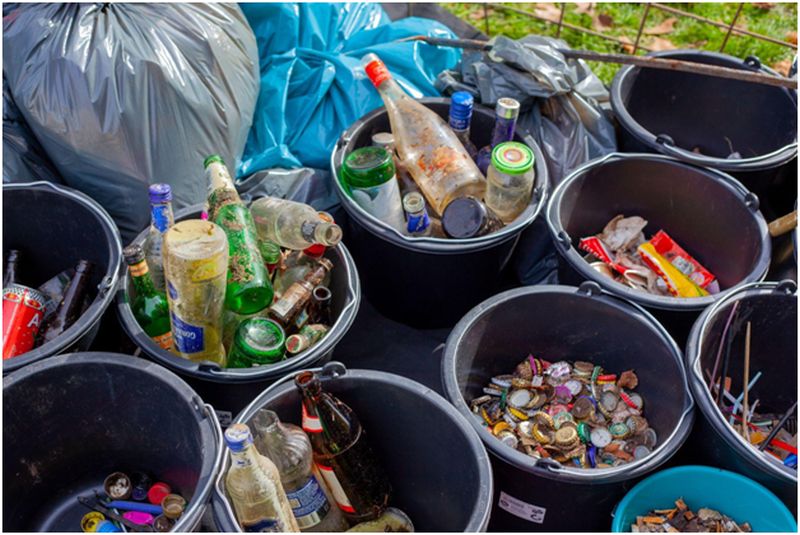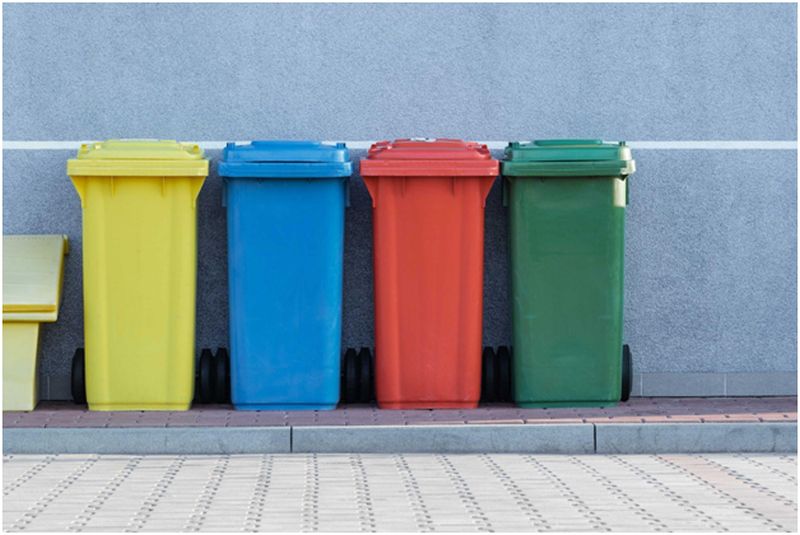As we slowly bring the planet to its maximum bearing capacity, the sheer volume of trash we generate is astounding. The volume of total garbage that is recycled worldwide is minuscule and with rarer materials and less feedstock available it is becoming more important than ever. With almost every city and town in the developed world having some form of recycling in place, it is necessary to know the importance of recycling, regardless of your age.
Why Recycling Is So Important?
Recycling removes or reduces the need for virgin materials, such as metal ore and oil that are later turned into plastic. Recycling paper reduces the need to cut down forests and enables the cheaper paper to be produced. Recycling clothes gives us affordable insulation materials, rugs, mattresses, and new clothes – all the pieces fall in together to create a beautiful puzzle.
The Golden Rules of Recycling in College
When it comes to recycling in college, the best recycling practices come into place even before you purchase any goods. You can order an essay on Lets Grade It to get studies and research papers all compiled to learn in detail how these good practices save energy, time, and money. In general, the golden rules of recycling and polluting less are as follows:
- Reduce (your consumption),
- Reuse (whatever you can),
- Upcycle (give your old items a new purpose), and
- Recycle (whatever is leftover from the previous three steps).
1. Don’t Throw Your Old Books
Your old books may seem like trash, but be sure that they are a treasure to someone else. Offer them on Facebook groups and campus exchange points, and make a few bucks while doing so. With the introduction of technology in education, there will be fewer paper books year after year. This does not mean that they should be trashed, quite on the contrary.
2. Recycle Notebooks
Your old notebooks should be recycled as any other paper would. This does not hold true for some other types of paper and cardboard, as napkins, toilet paper, and oily pizza boxes cannot be recycled. Always check in with your local students’ advisor and see what you can do to recycle more.
3. Recycle Old Batteries
With all the gadgets that an average student uses, the sheer amount of batteries that are discarded every year is incredibly high. If you are an eco-conscious person, you know that batteries are much better recycled than trashed. If they end up in a landfill, they risk releasing toxic heavy metals and acids that can penetrate water sources.
4. Know Your Municipal Waste

Knowing your municipal waste is another thing to do. If you are well-informed, you are able to recycle more efficiently and avoid ruining recycling batches. For this reason, you should know that most municipalities (and colleges) demand that the trash be categorized before being thrown out:
- Metals – any cans, deodorants, and any other metal objects you may have around. This also includes cables,
- Paper – any old paper will do, but make sure that no oily or soiled napkins, pizza boxes, and paper takeaway containers end here – you should compost them instead (biodegradable materials),
- Glass – old beer and wine bottles, as well as jars and glass cookware go here,
- Biodegradable – any plant and animal material, including bones, pits, fruit stones, and food that has gone bad,
- Always remember that your electronics and batteries should be recycled in special conditions. For this reason, never throw them away, but rather leave them at collection points available on most campuses.
Final Considerations
Recycling is necessary if we want to help mitigate climate change. With the world floating in the garbage, it is necessary to reduce, reuse, upcycle and recycle as much as we can and as fast as we can. Being away from home is not an excuse for trashing, so recycle, as a reasonable adult would.
Article Submitted By Community Writer




